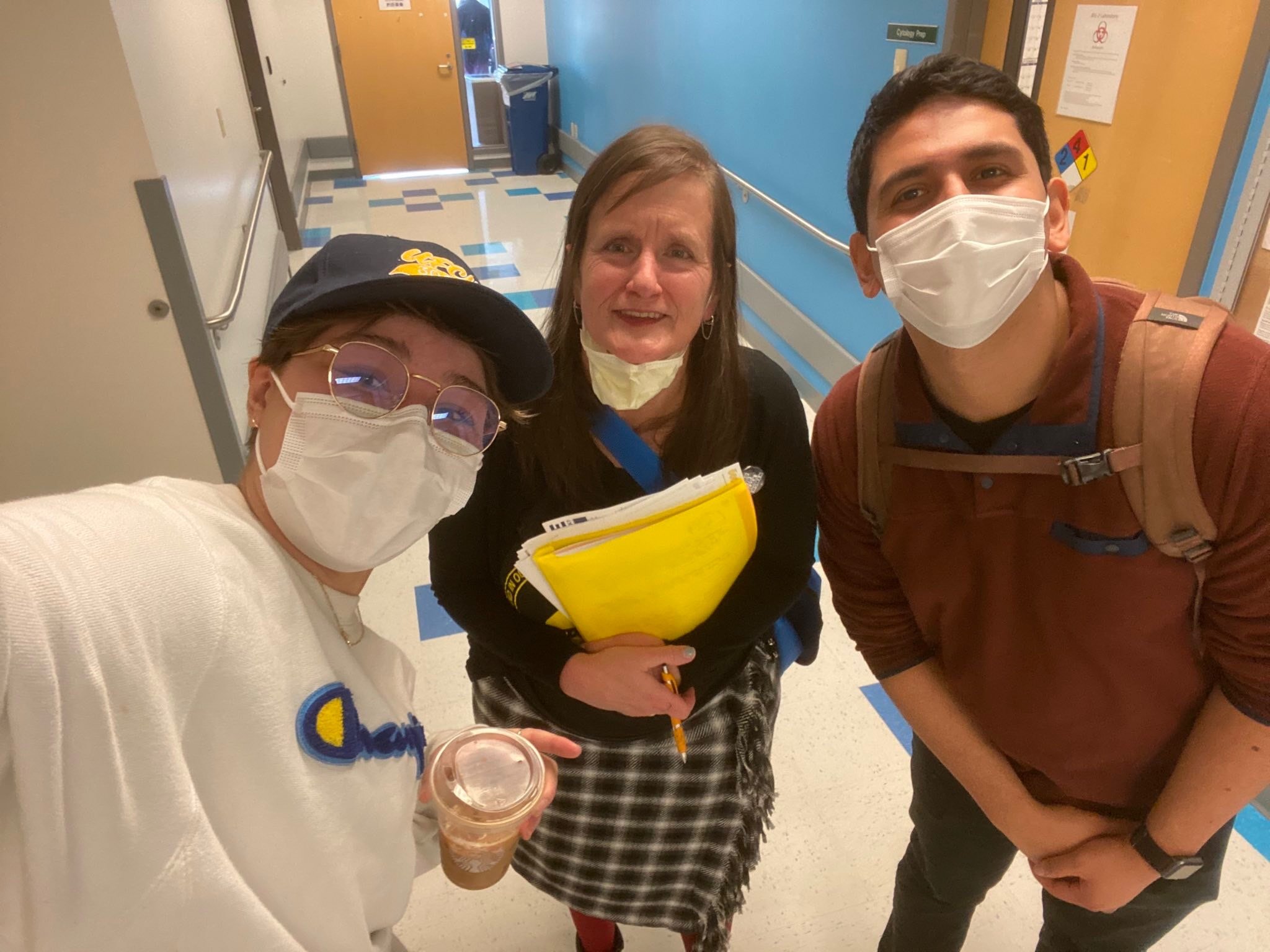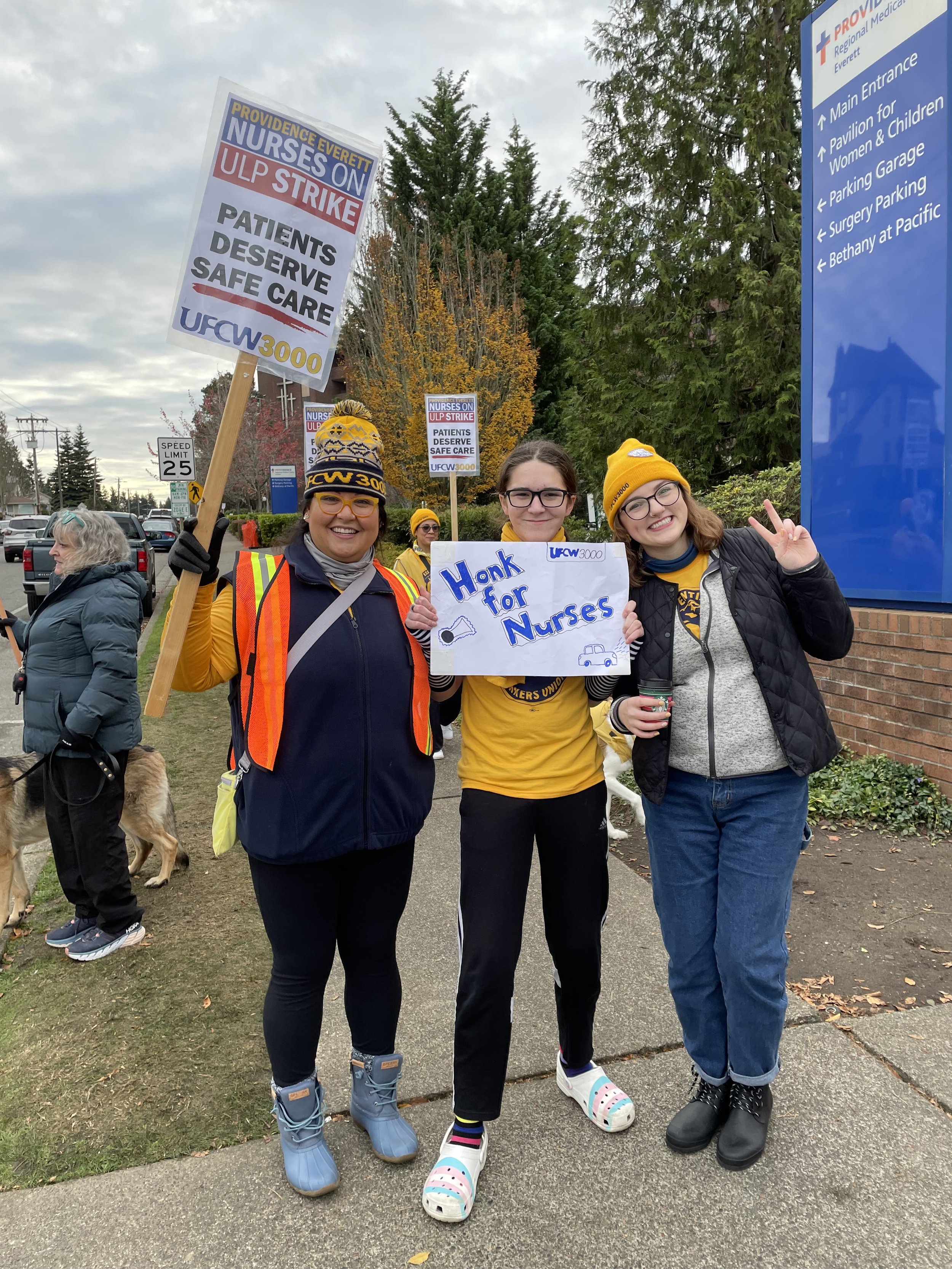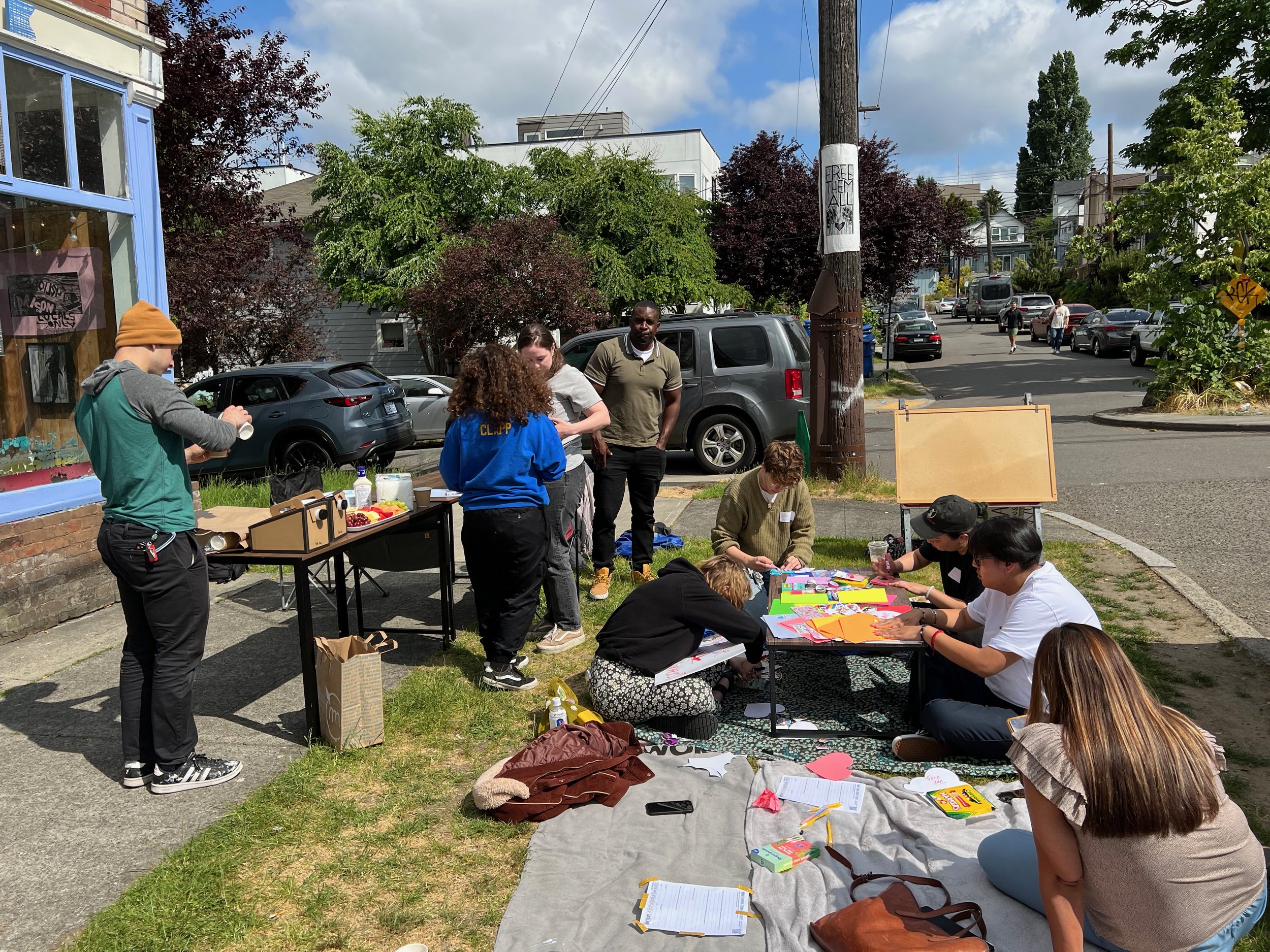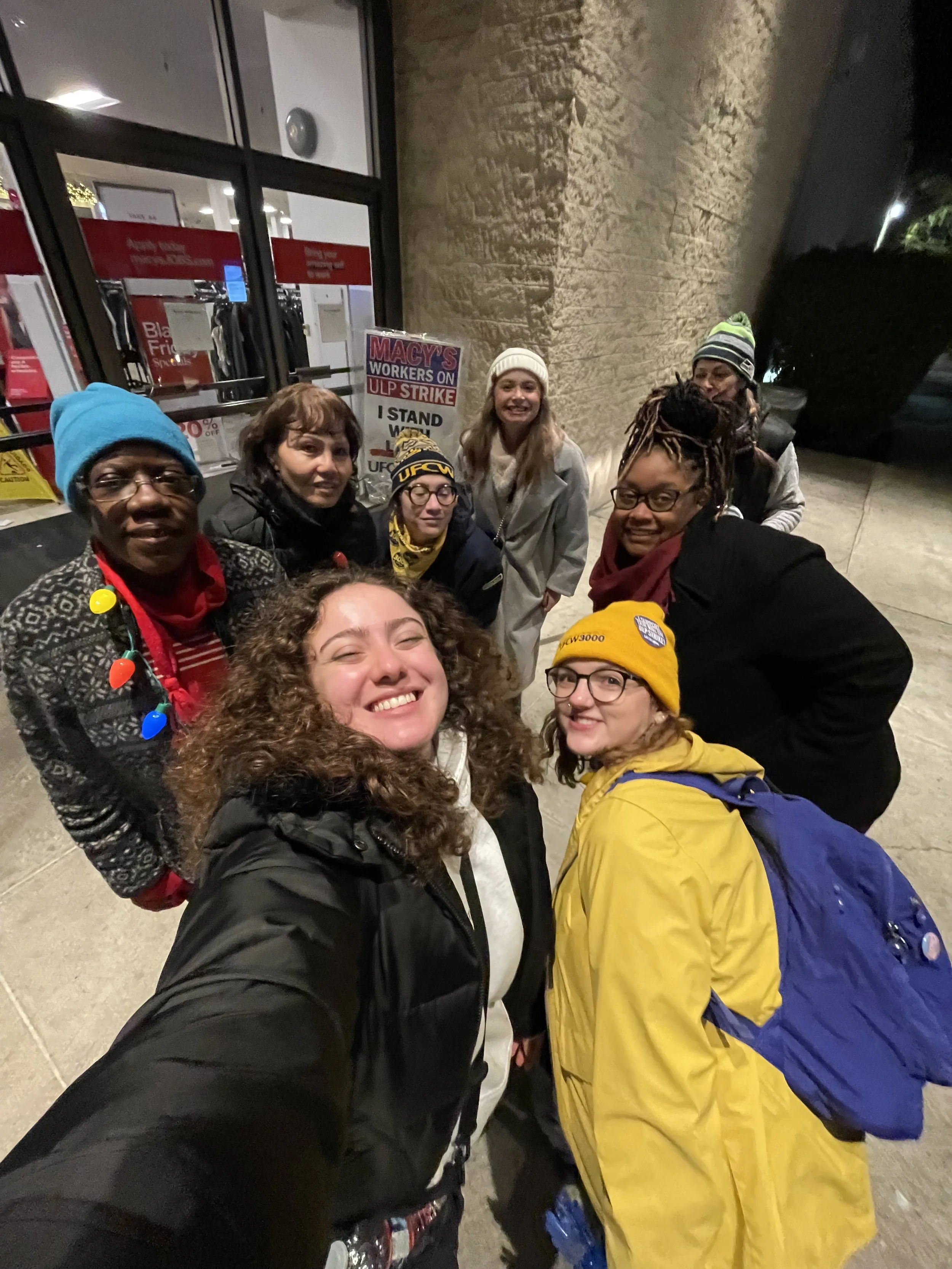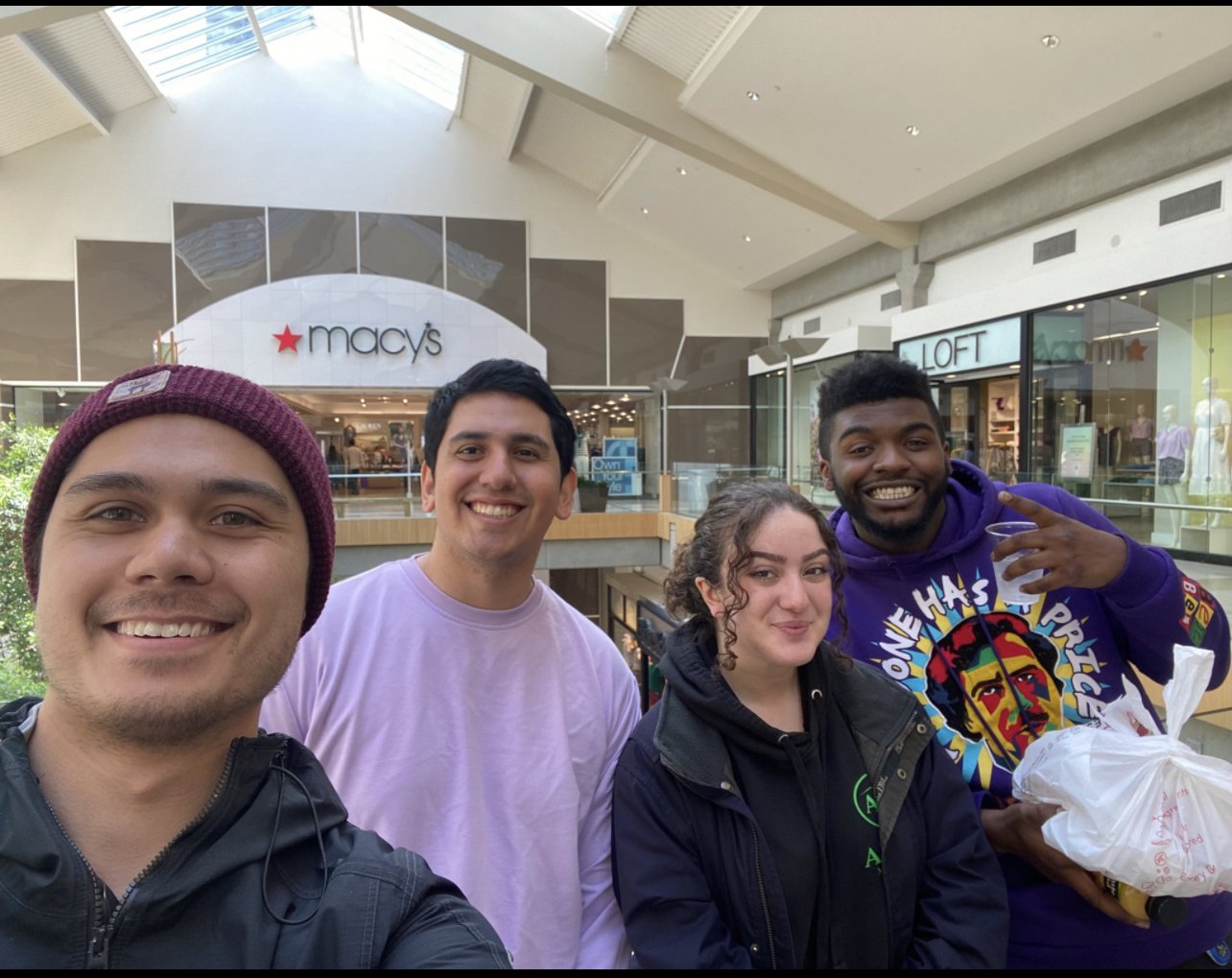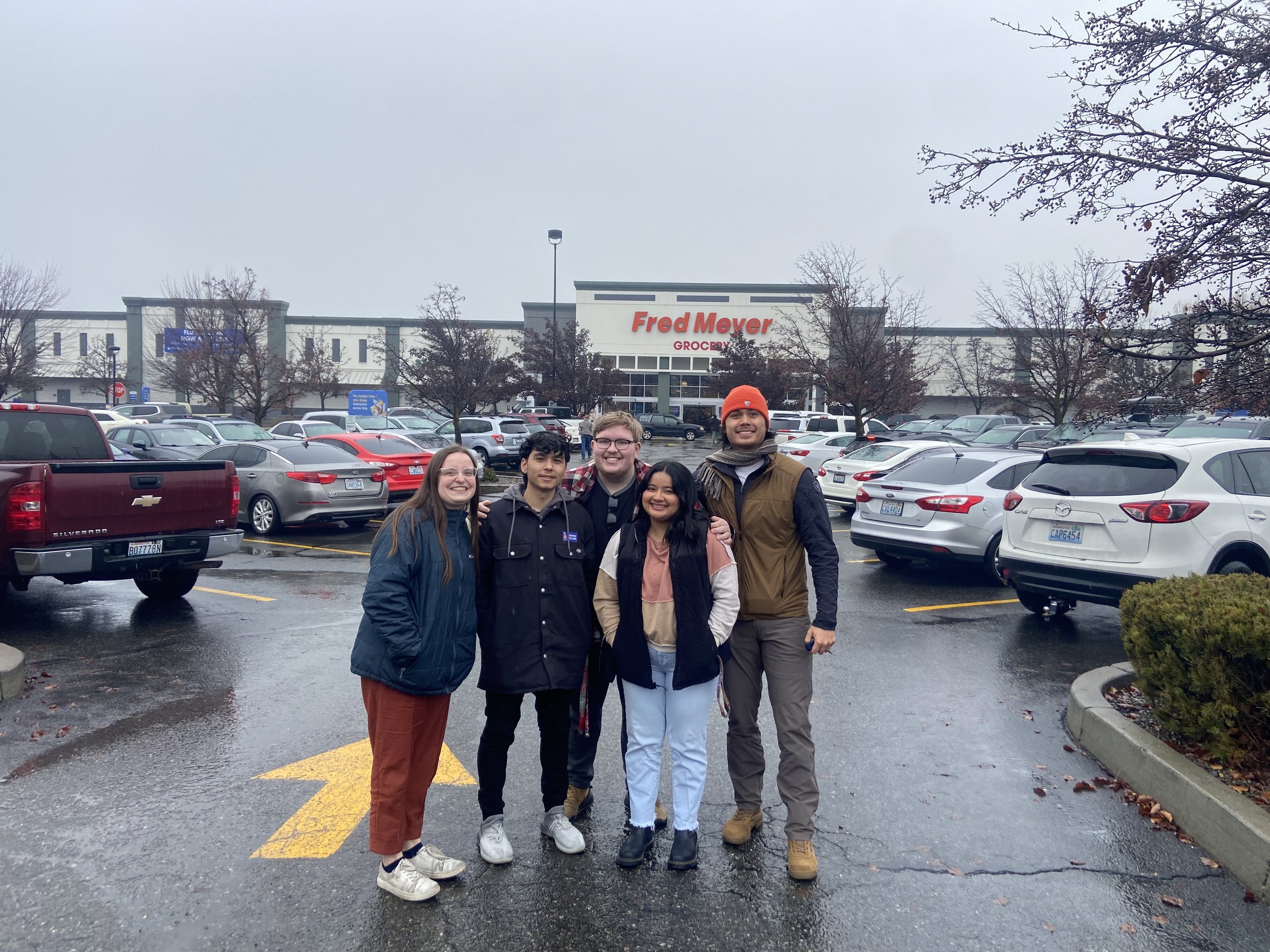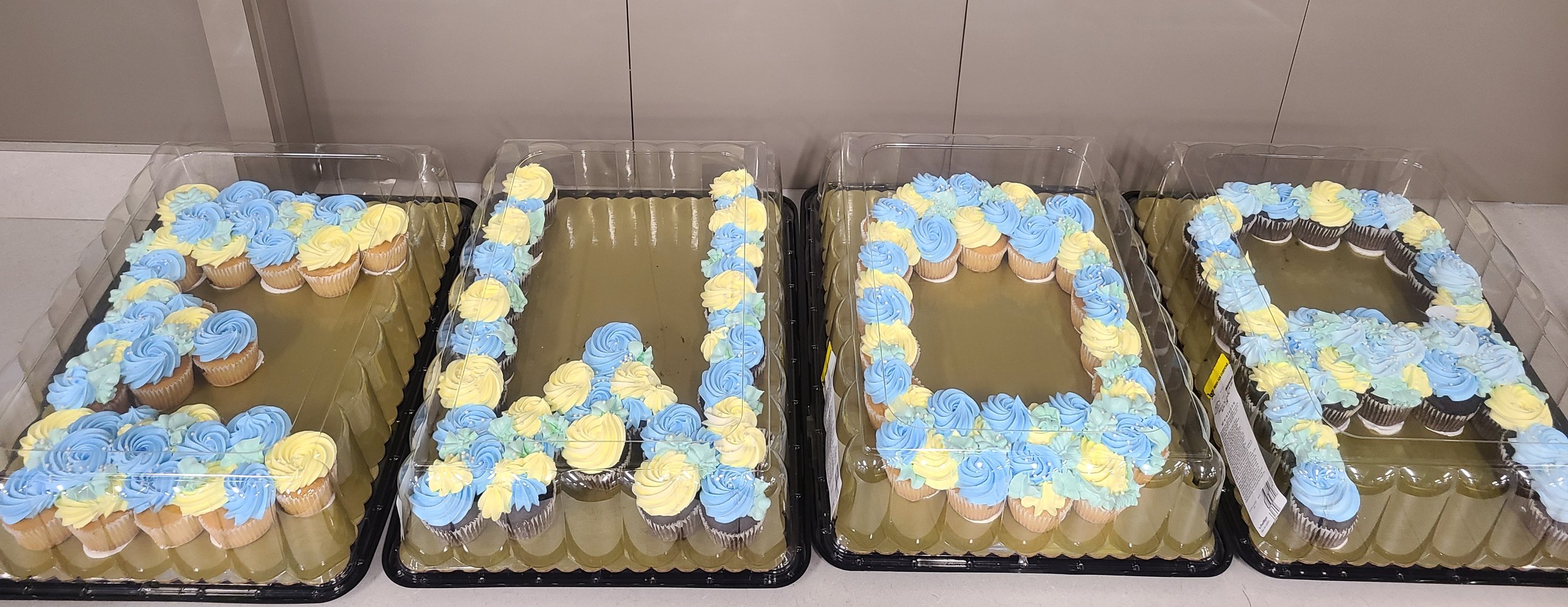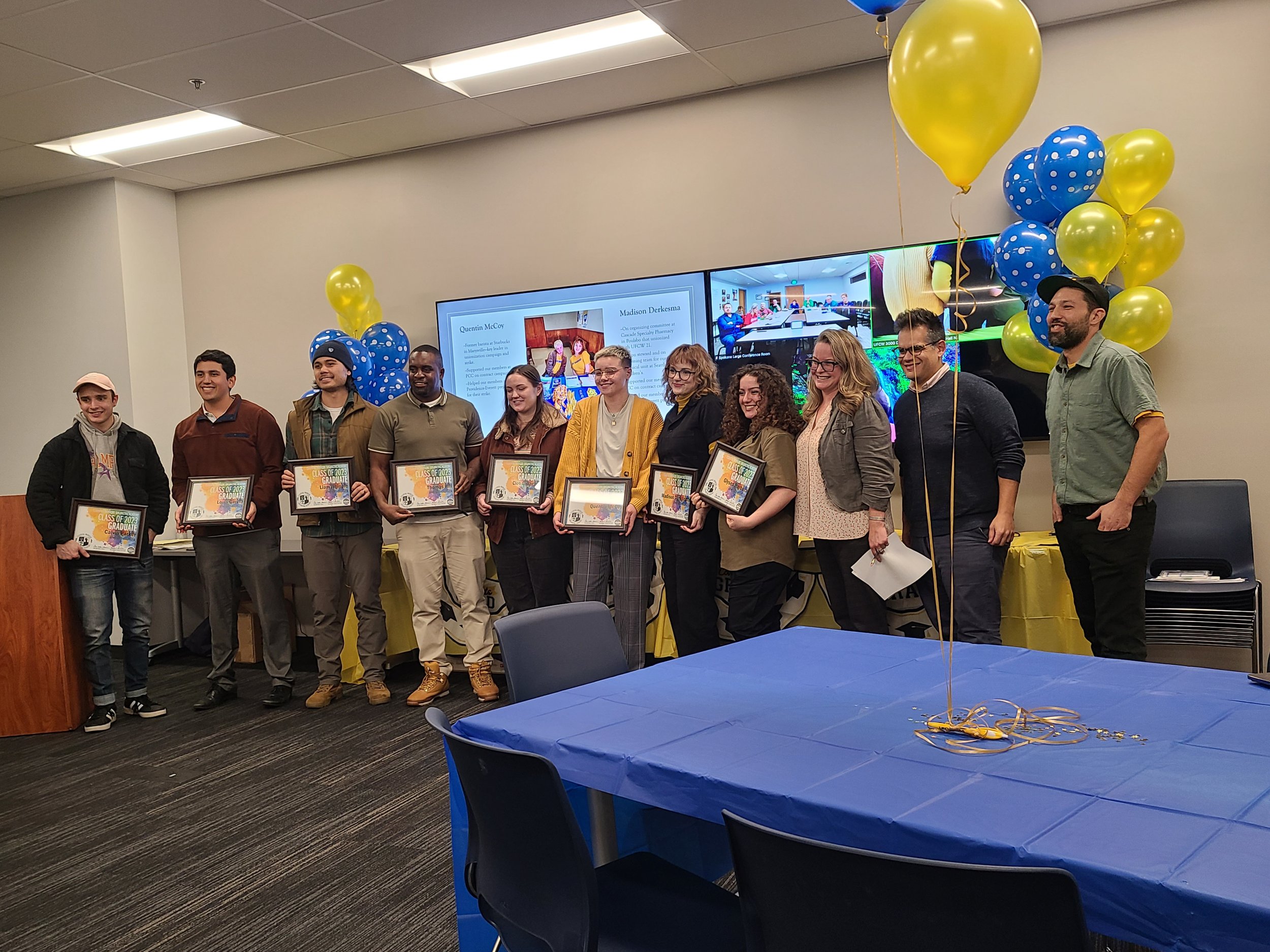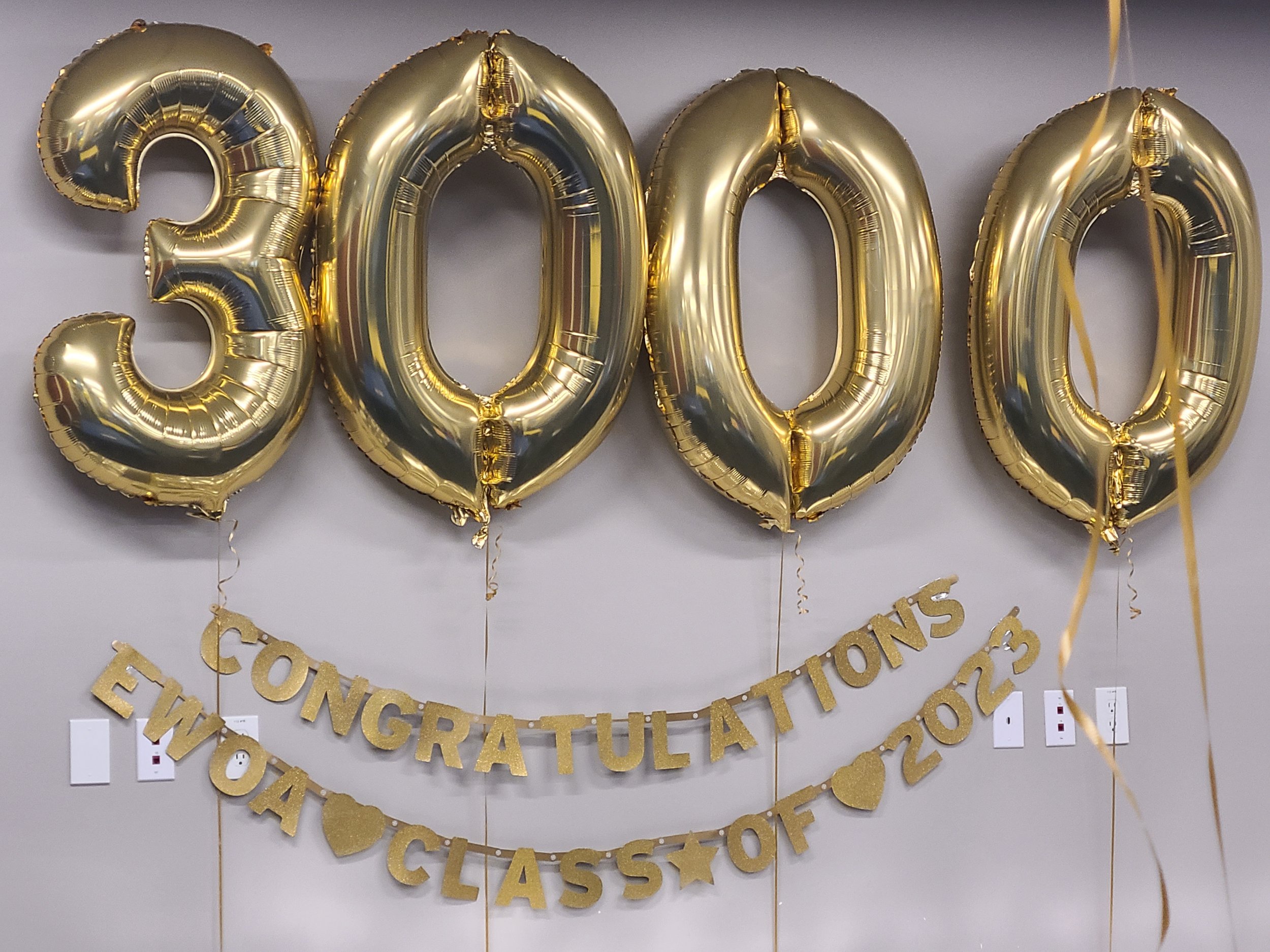The UFCW 3000 Racial Justice Advisory Board
/The Racial Justice Advisory Board was created to set priorities for UFCW 3000 around fighting to build racial justice at every worksite and in every community where UFCW 3000 members live and work. We know to build a unified labor movement all members must be treated with dignity and respect and racism must be eradicated from the institutions and worksites that surround us. We know that to grow our political, community and organizing power we all must be united..
Purpose of the Racial Justice Advisory Board
Our core purpose is to build power for UFCW 3000 members and our communities so that we have safe workplaces, good jobs, and strong, resilient communities. We will identify key policies to move in local, state and federal bodies and meet with key decision makers to ensure our voices are heard. Our member leaders within UFCW 3000 know that what divides us hurts us at the bargaining table. Thus, we must dedicate ourselves to justice for all. We know the issue of racism and race can be a difficult conversation and we commit to navigate with confidence and care. We will focus on educating ourselves about all policies that are tainted by racism and work to eradicate these policies.
Some questions we will take up:
How can we build anti-racist, pro-democracy worksites that make all of our jobs better? We focus on solutions.
What policies and practices perpetuate racism, and how can we as individuals, and as an organization, counteract these practices?
What can we do to gain a deeper understanding of racism and its root causes?
How can the Racial Justice Advisory Board address racial discrimination as a safety issue in our workplaces?
The Racial Justice Advisory Board will make specific recommendations for bargaining and negotiating.
The Racial Justice Advisory Board will make specific recommendations to UFCW 3000 regarding UFCW 3000 policies and practices as an institution, to live as an anti-racist organization.
The Racial Justice Advisory Board will make specific policy recommendations for local, state and federal policies and work to recruit and endorse candidates that will commit to moving and passing said policies.
The Racial Justice Advisory Board will work to link our racial equity work with the broader labor community and the broader equity community.
How the Racial Justice Advisory Board works
The Racial Justice Advisory Board meets three times a year to review our priorities and determine the steps that we need to take, in order to move toward the goal of equity at work and in our community. The committee welcomes participation from every worksite represented by UFCW 3000, including any worksite where workers are trying to form a union with UFCW 3000.
At meetings we aim to:
Build trust with each other and build unity around what it means to become anti-racist.
Deepen our understanding of institutional racism and how that impacts us at work and in our communities.
Discuss both individual and collective actions we can take to build an anti-racist UFCW 3000.
Educate each other about racism and the long fight for justice.
“We must build alliances within labor and the community to take on issues of affordable housing, workplace safety, racial and gender discrimination, climate justice, and the future of work.” —Ana Alvarez, Washington Beef; Jeff Smith, Fred Meyer; Patricia Brown, Multicare
While the Racial Justice Board has a very long way to go and many years of work ahead of us, we wanted to let you, as a member of our union, know that this Board is up and running and beginning to do the important work necessary to make an impact. Since the board was created, we have accomplished much including: member trainings on how to incorporate these ideas into our collective bargaining; developed and helped pass resolutions at the 2023 UFCW International Convention on these topics; and, partnered more deeply with some of our closest community partners who are leaders on racial justice work.
Getting More Members Involved
We are confident that among the more than 50,000 members of our union – from Bellingham to northeast Oregon, from Aberdeen to northern Idaho – in hundreds of workplaces, there are additional members, maybe you, who would like to find out more and maybe get involved yourselves.
We need more members to join the dozens of other members who have already become involved in this Advisory Board. You don’t need to be an expert to participate, just be interested in the issues, committed to being a thoughtful and respectful partner with others, and willing to dedicate an hour or so a month to the effort. Meetings are held usually about every two to three months and are made to be as accessible as possible for members.
If you’d be interested in finding out more about getting involved, email: RacialJustice@UFCW3000.org



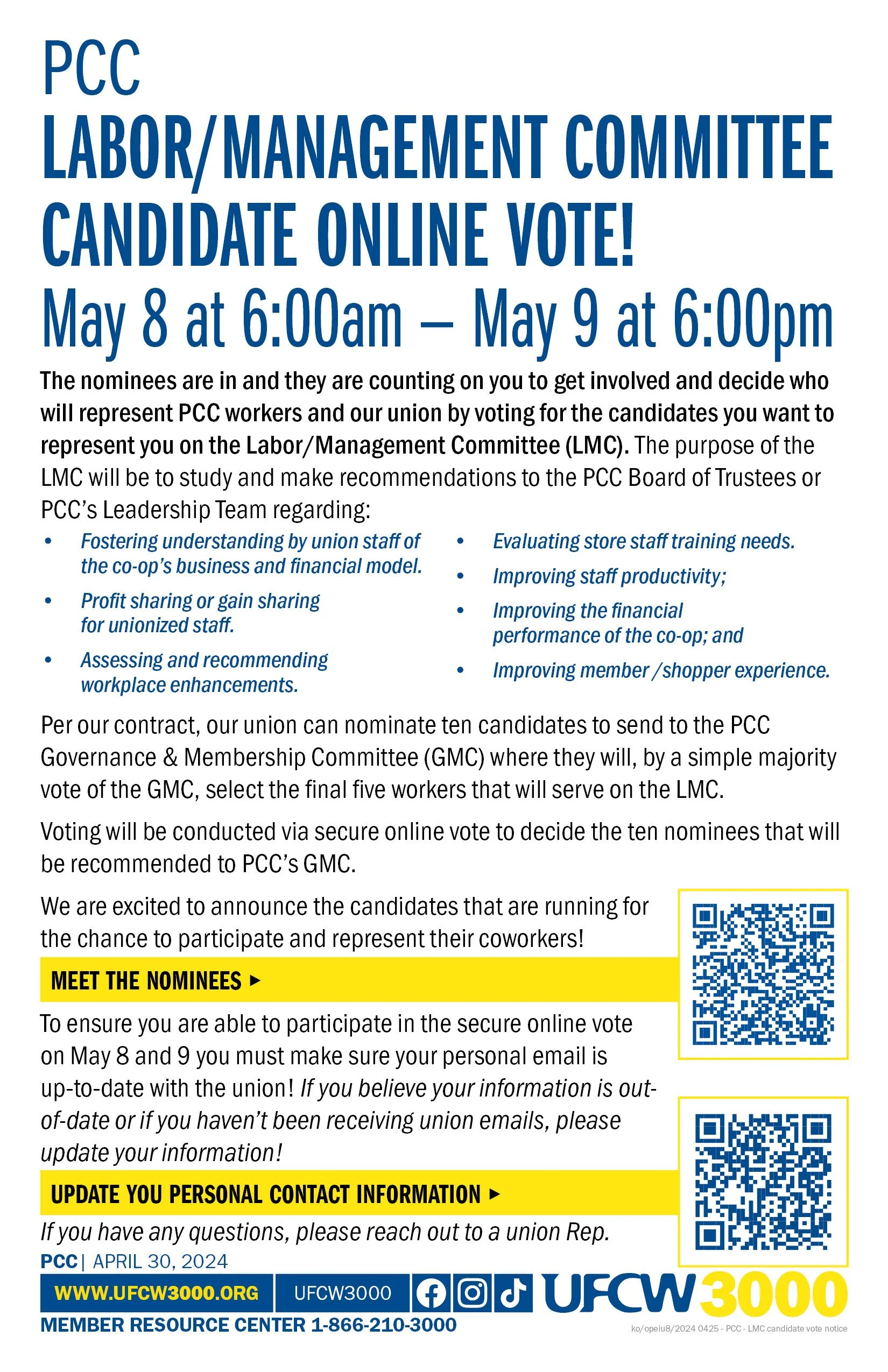


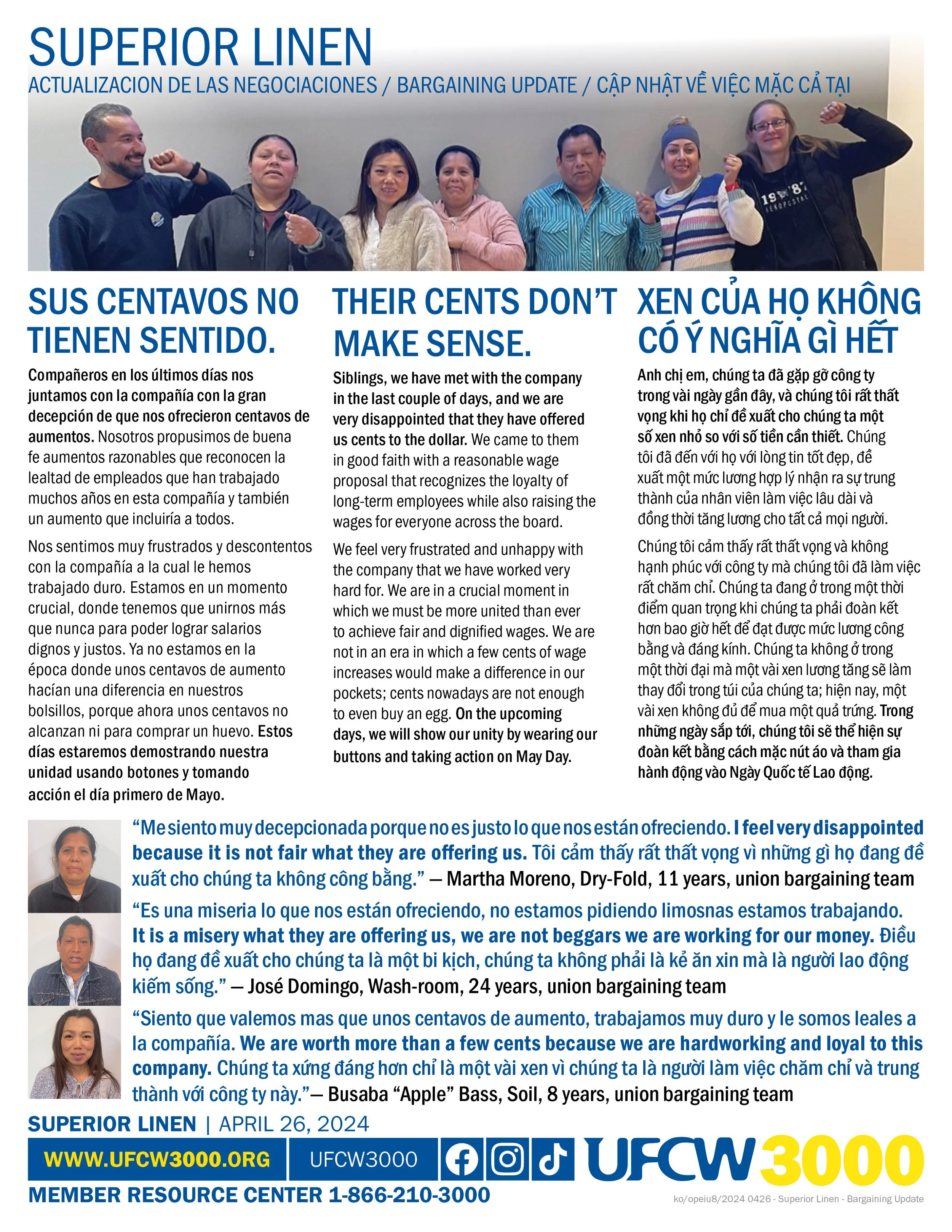
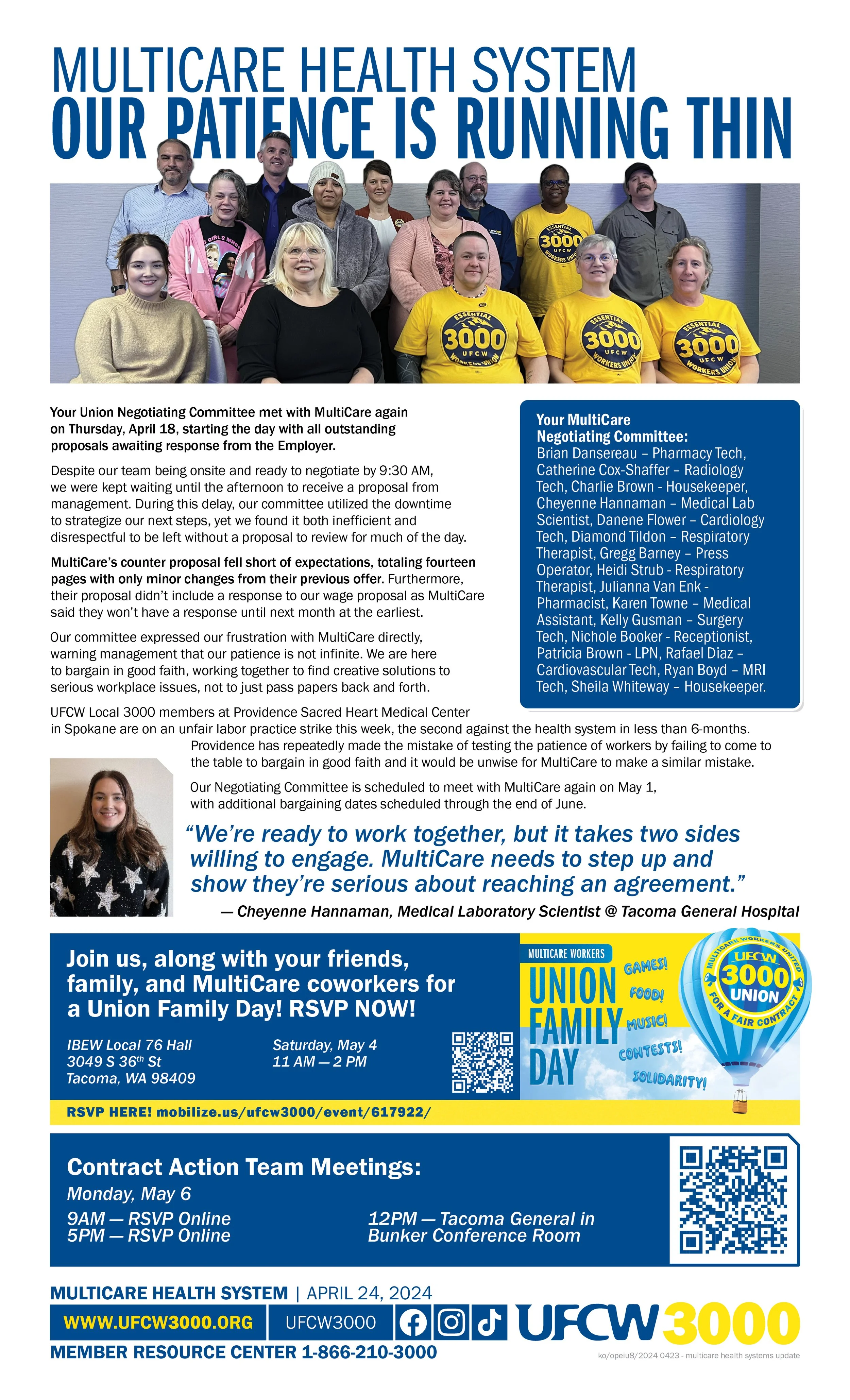








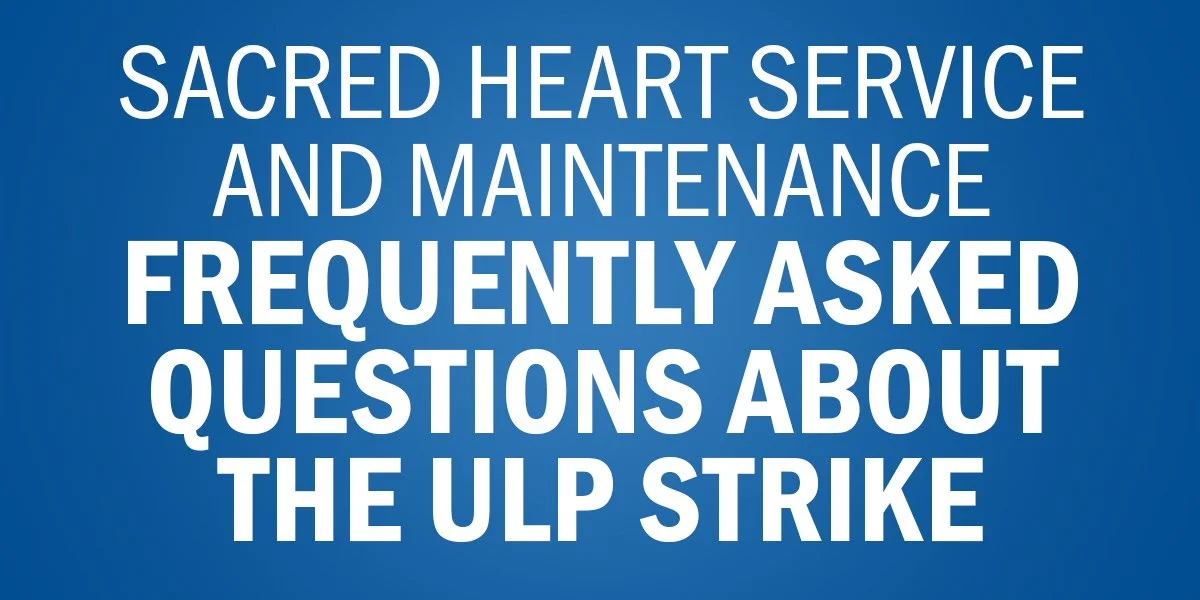




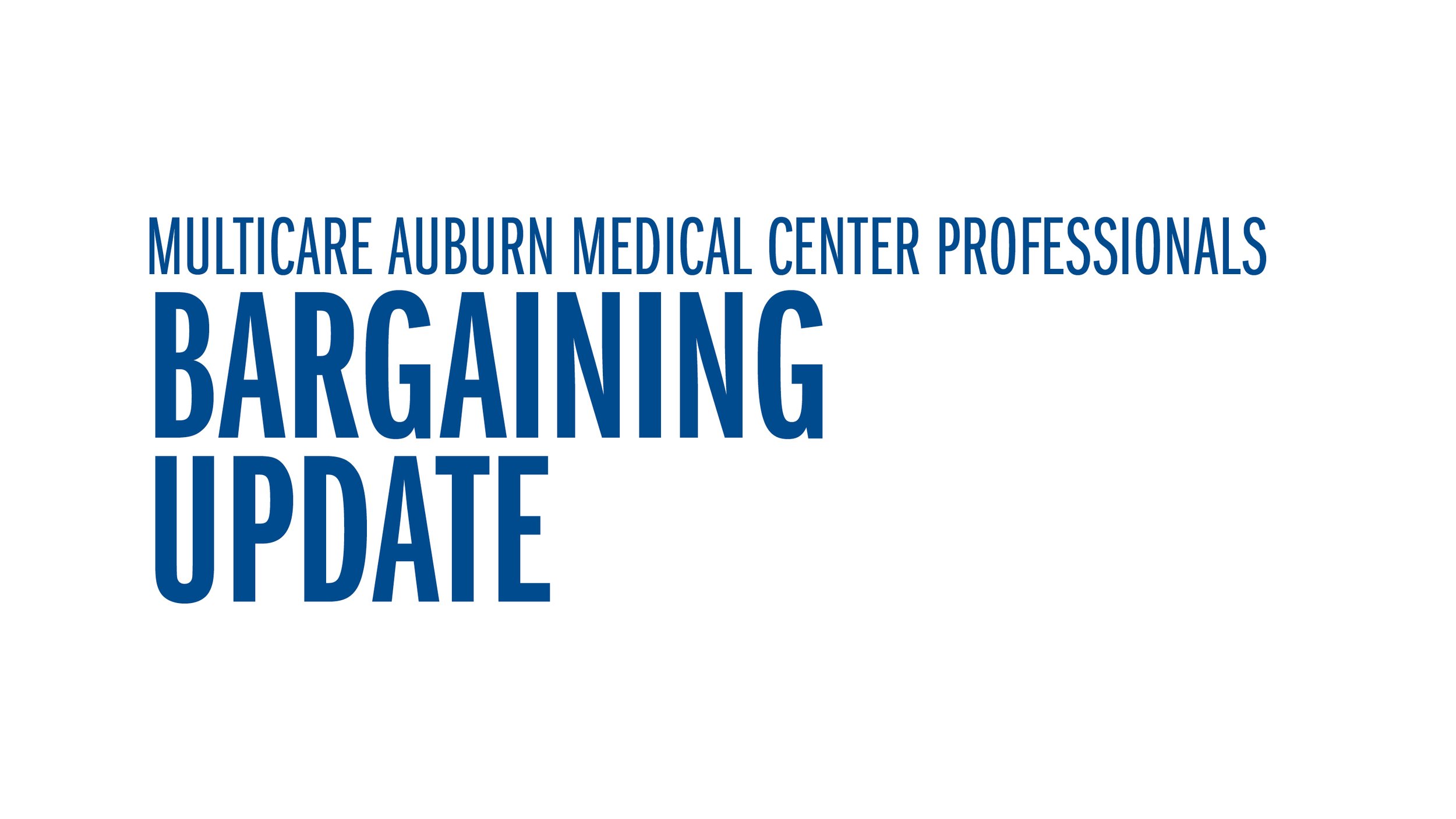
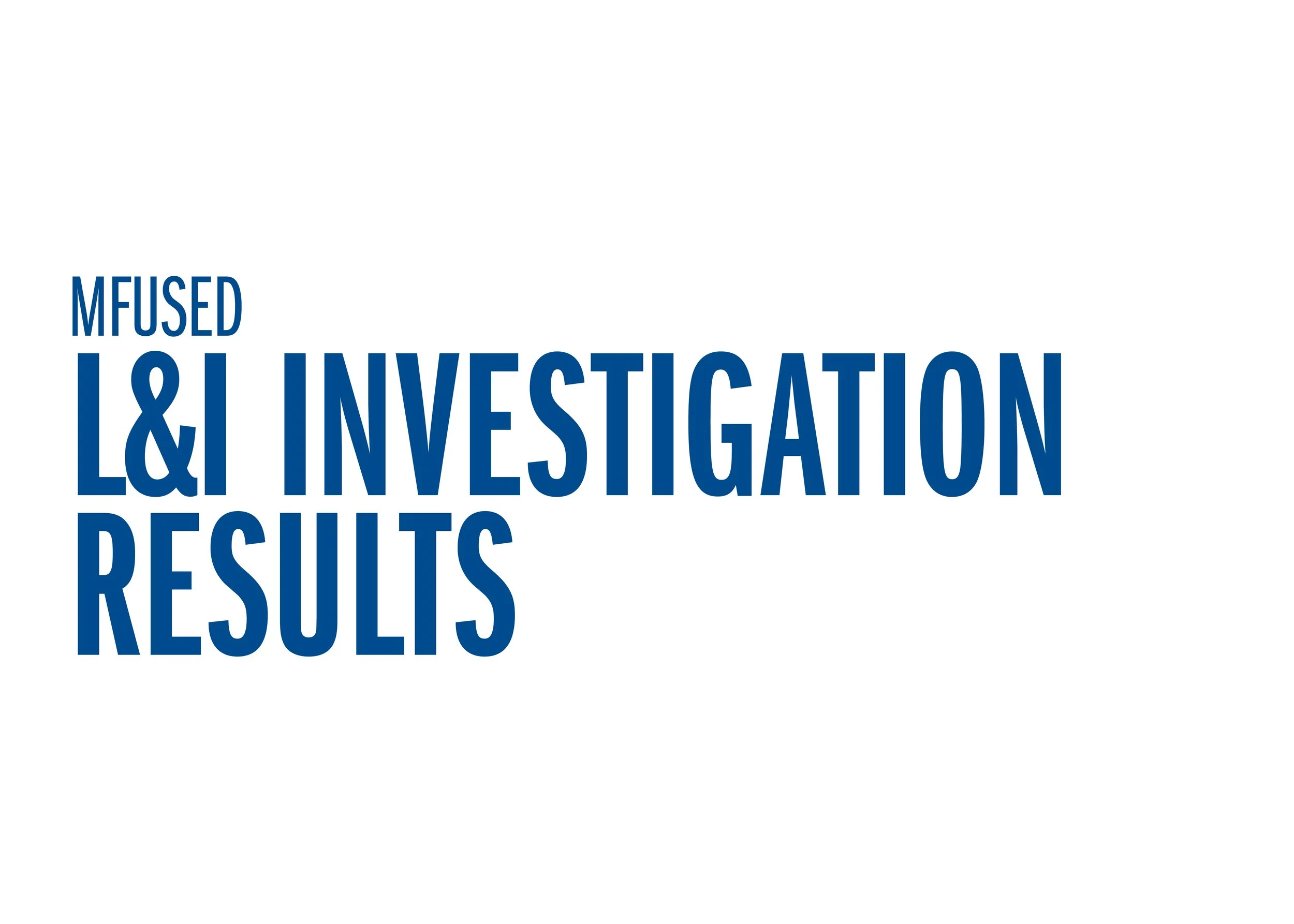
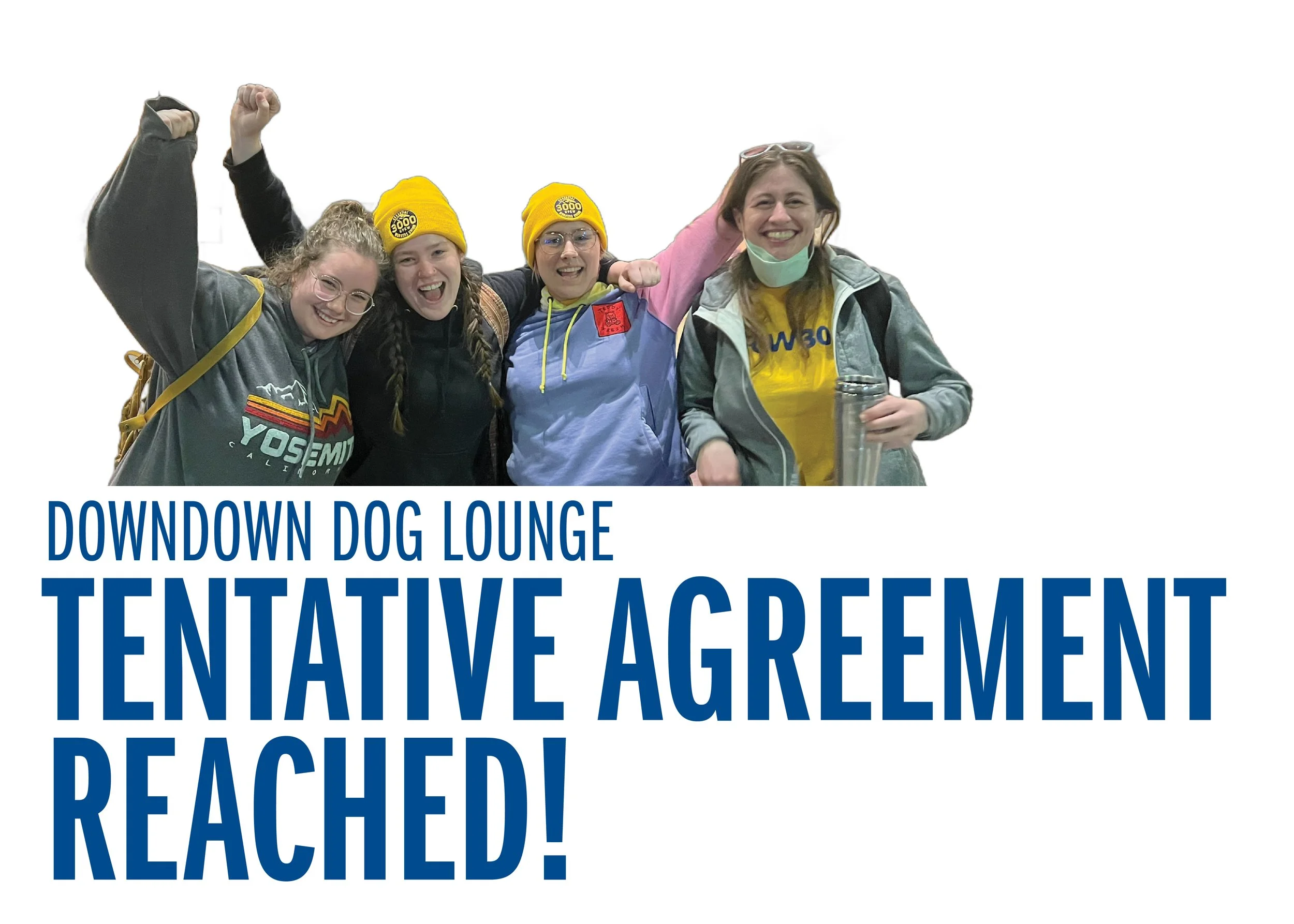


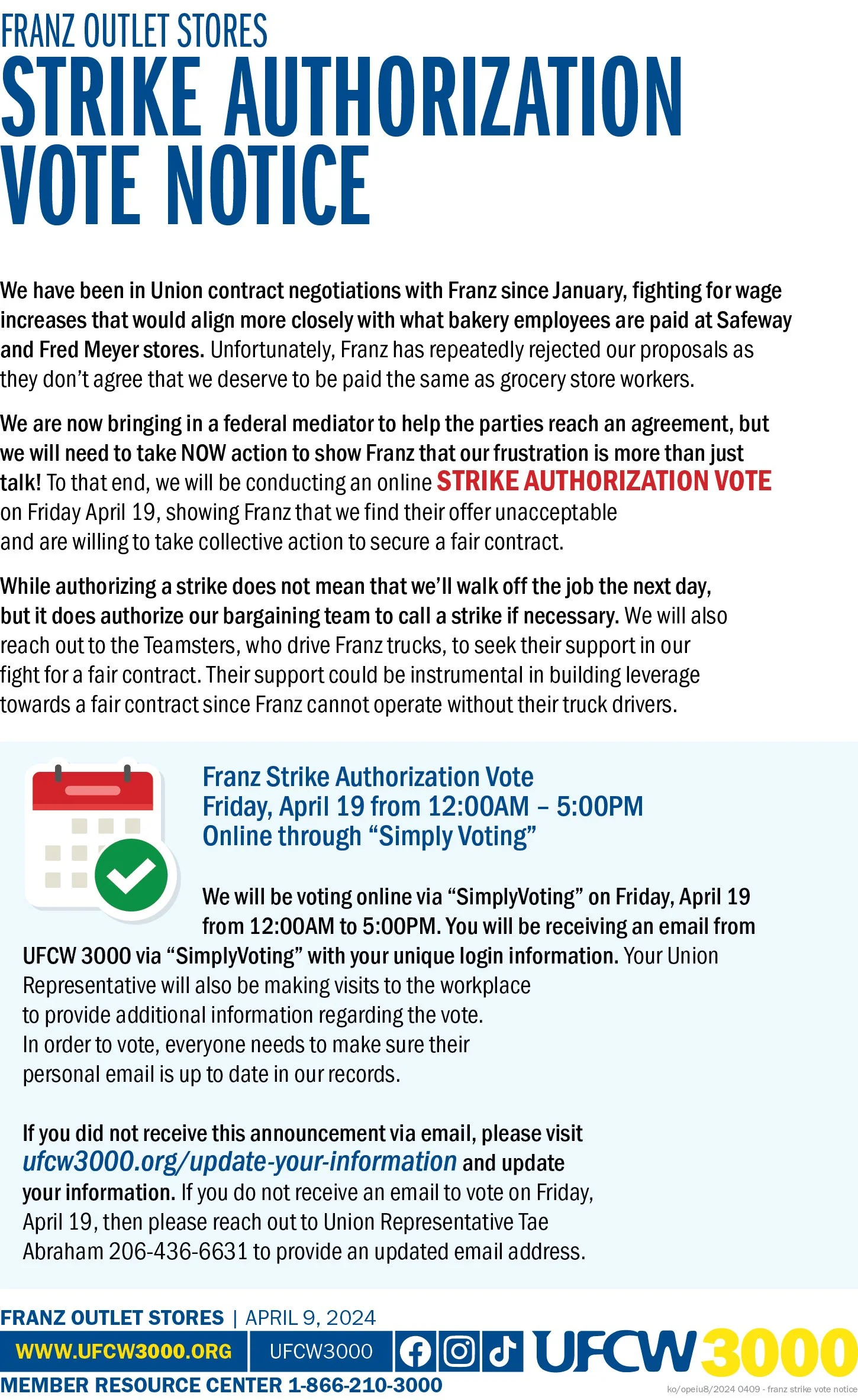

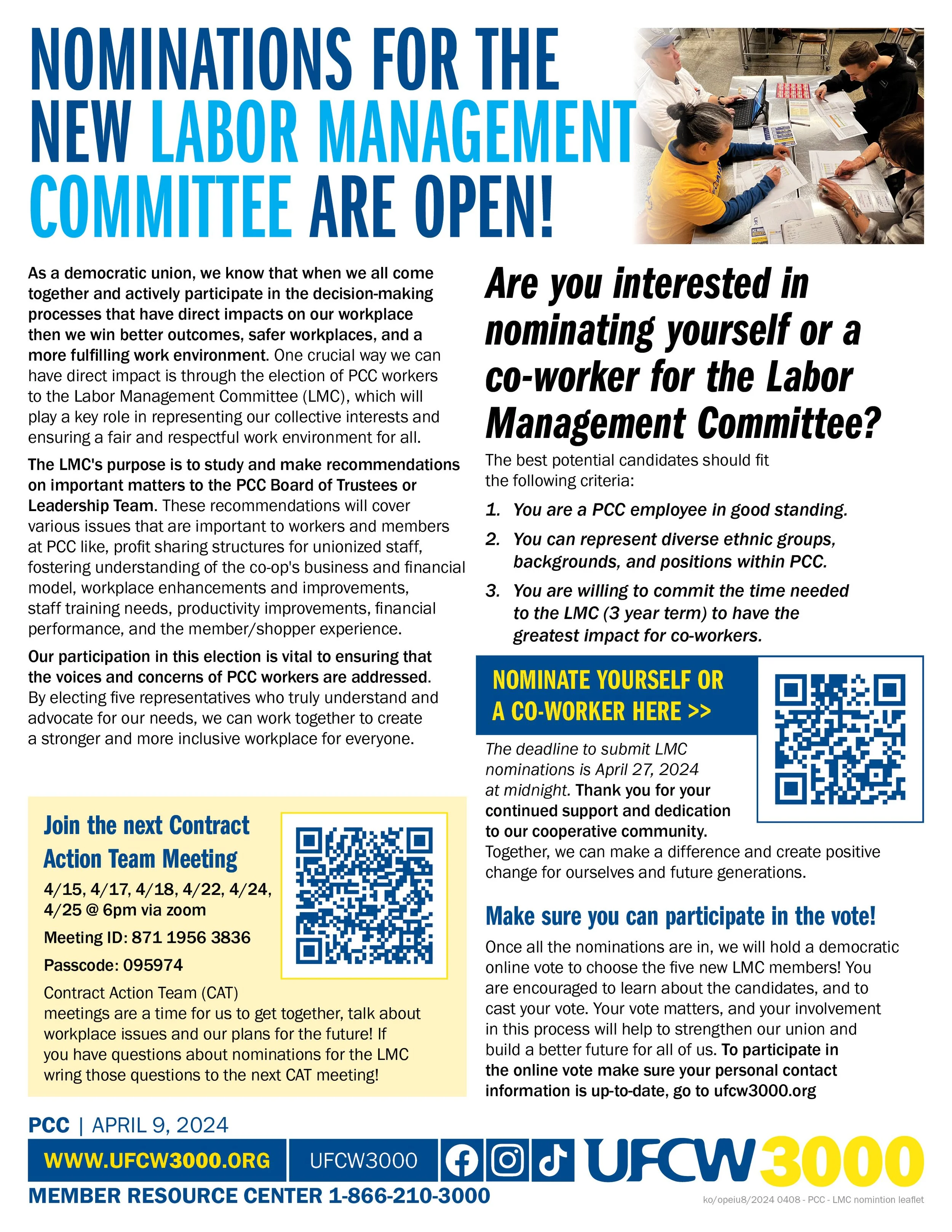
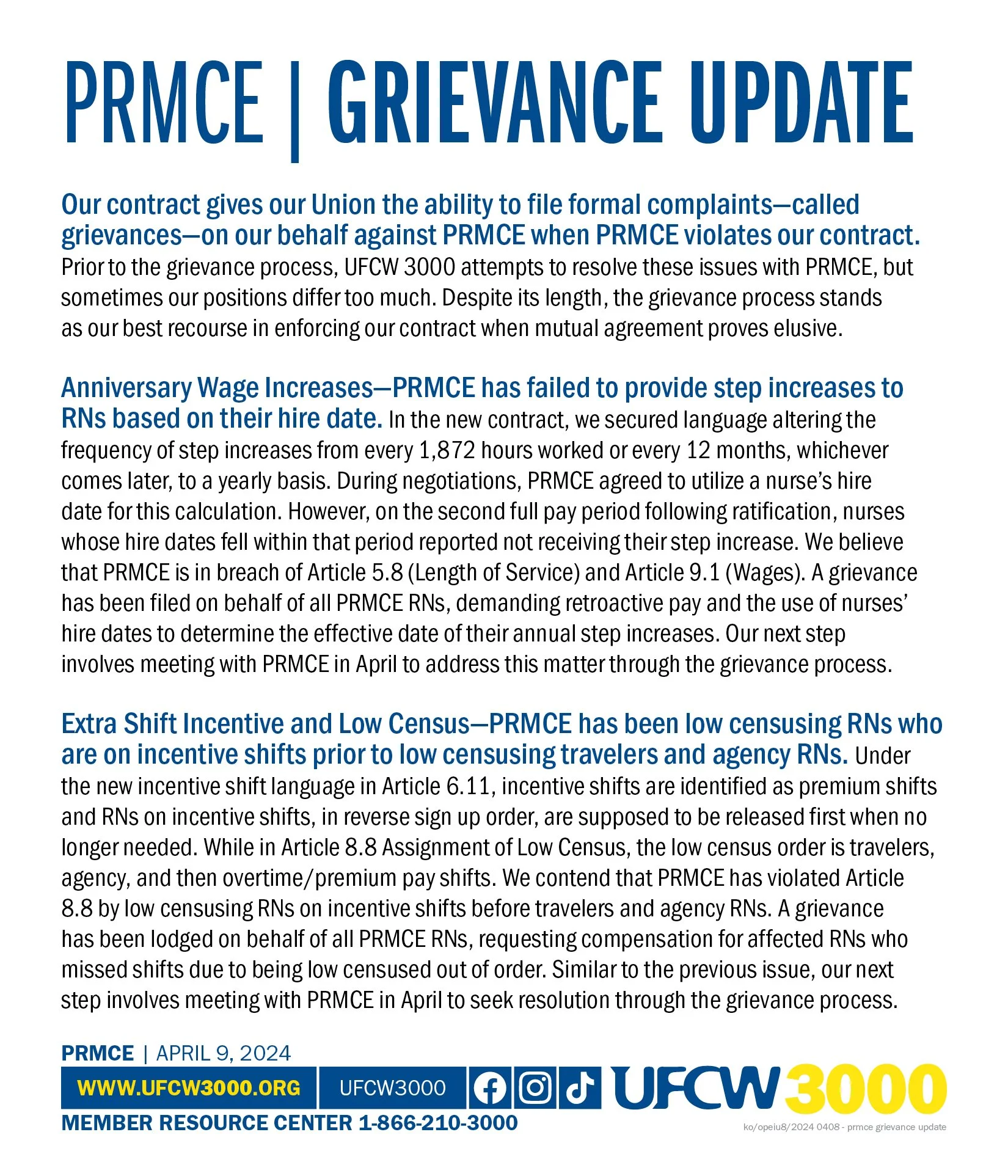






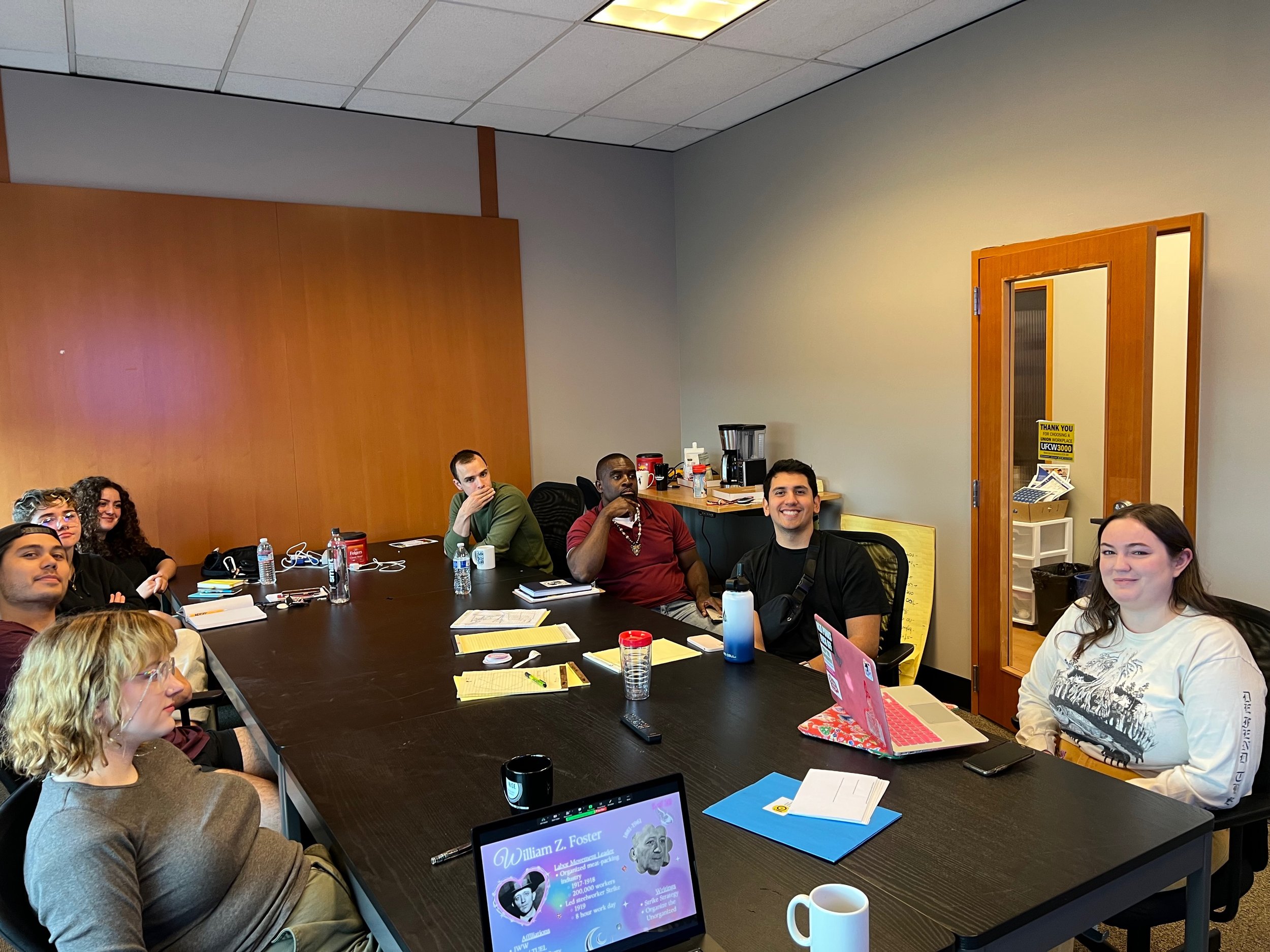


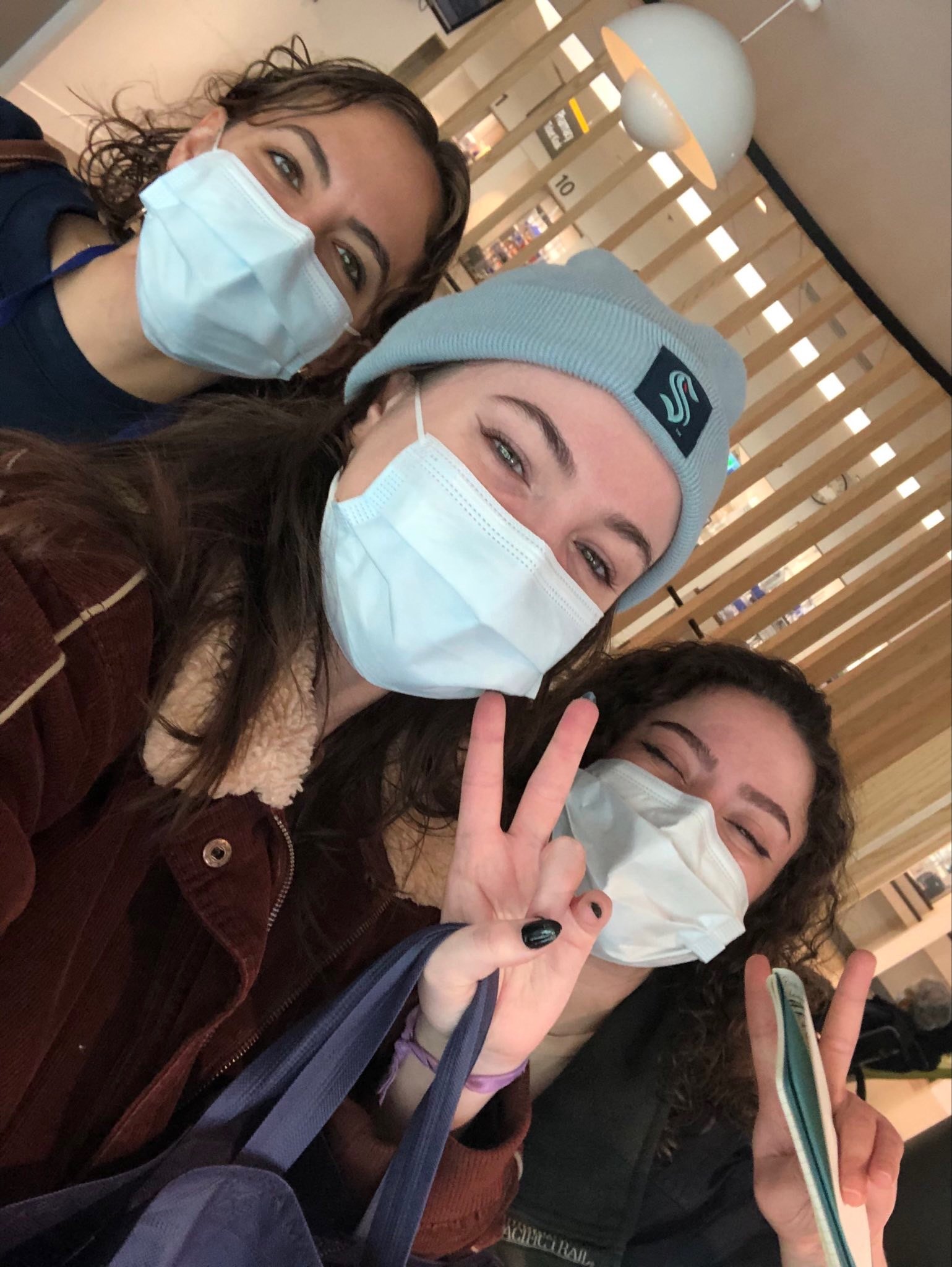
![IMG_0118[41].jpg](https://images.squarespace-cdn.com/content/v1/5418aa2ce4b097579b5c27e5/1702509471619-SCCL74N1HEEHCU2K3SWW/IMG_0118%5B41%5D.jpg)

